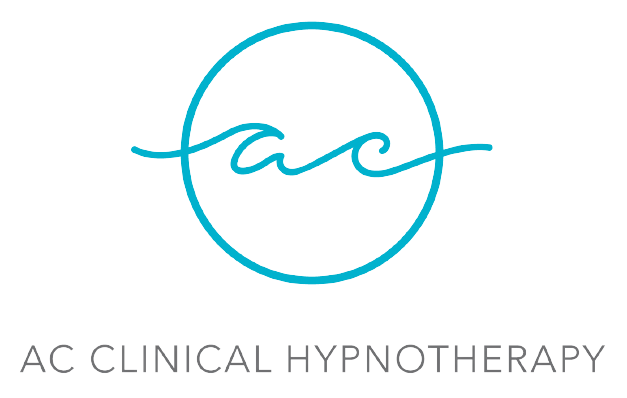Living with trauma can be an exceptionally difficult ordeal. Regardless of the source of trauma, its effects can be severe, unforeseen, and enduring, not only for the affected individual but also for those in their immediate social circles, whether it be family, colleagues, or the wider community.
The impact of trauma can extend far beyond the individual, often instigating concerns and increased anxiety among those in their immediate social circle. Individuals who have encountered or witnessed life-threatening incidents, injuries, or assaults can develop post-traumatic stress disorder (PTSD), a phenomenon that is intriguingly subtle in its initial manifestation.
What makes the identification of PTSD particularly complicated is that, as time passes, the individual may come to believe they have completely healed, because the physical body has healed and recovered from the physical injuries and shock sustained during the traumatic event. The perception is that all is well until an unforeseen trigger evokes a re-evaluation of their overall well-being. True healing encompasses more than just the physical recovery; it requires the inclusion of emotional, and psychological recovery.
Trauma can manifest in diverse ways, ranging from distressing and unexpected flashbacks of the traumatic event to disruptions in sleep patterns, heightened anxiety, and bouts of depression. Unpleasant intrusive thoughts can further influence a person’s physical and psychological well-being. Trauma survivors may find themselves significantly affected by seemingly minor triggers, such as specific words, sounds, particular individuals, or seemingly unrelated stimuli. Remarkably, unresolved trauma can resurface months or even years after the initial traumatic incident.
Initially, an individual who has undergone or witnessed a traumatic event may experience severe injuries, these could be physical, psychological, or a combination of both. Shock, hospitalization, medication and psychological support are often required, and historically, the path to trauma recovery has been long and challenging. Nevertheless, clinical hypnotherapy and eye movement desensitization reprocessing (EMDR), are gentle, effective, efficient and medicine free treatment options for trauma.
EMDR, endorsed by the US Department of Veterans Affairs as one of the most effective trauma treatment methods (source: PTSD.va.gov), and is a core component of our therapeutic approach. We utilise a range of therapeutic tools and techniques, including EMDR, hypnotherapy, deep breathing exercises, progressive relaxation, guided imagery, imaginative therapy, and narrative therapy, to release distressing emotions and somatic reactions whilst neutralizing triggers linked to traumatic memories.
If you have experienced a traumatic event and you would like to have a conversation about how we can help you, we invite you to contact us at AC Clinical Hypnotherapy.
Your well-being is our priority.


